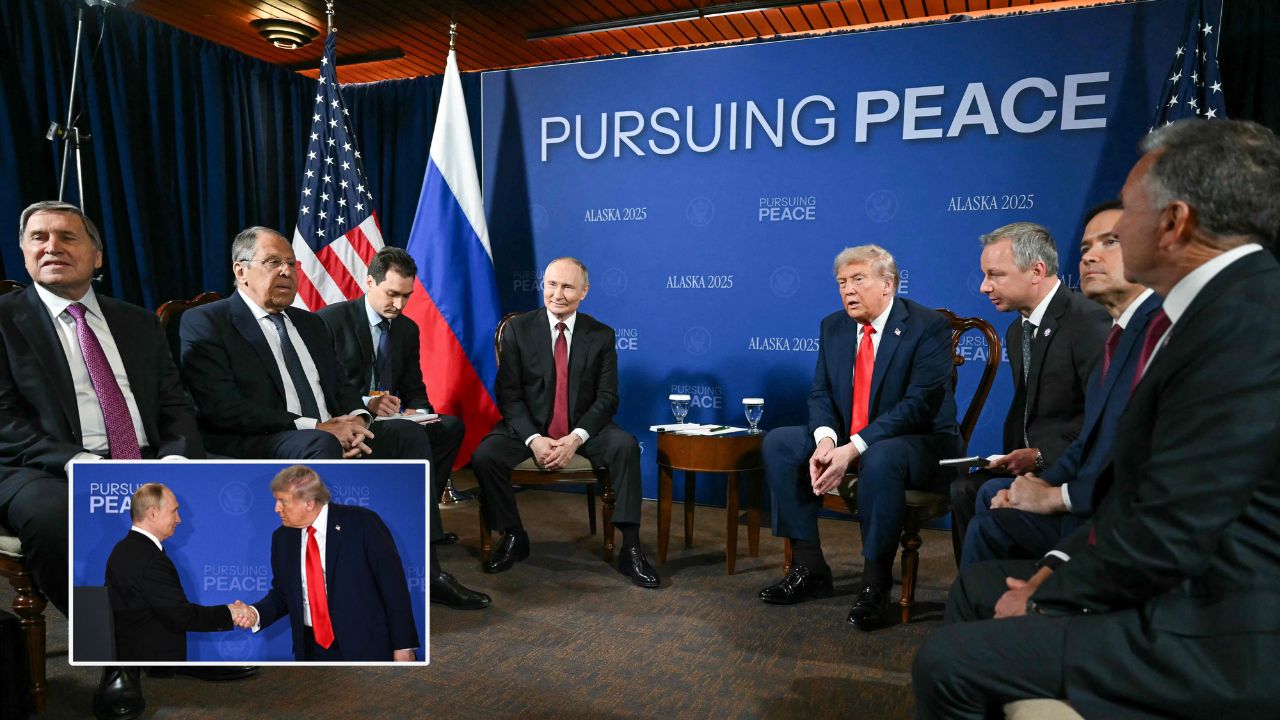 English
English

Trump-Putin talks led to oil price drop (WTI -1.8%, Brent -1.48%), benefiting India’s imports. Russia now India’s top oil supplier (2M bpd). US 25% tariff on Russian oil from Aug 28 may raise costs. Lower oil prices could ease India’s inflation & trade deficit.

Oil Prices Fall After US-Russia Summit
New Delhi: Recently, a three-hour-long meeting was held between US President Donald Trump and Russian President Vladimir Putin. Although no concrete agreement was reached in this meeting, its direct impact was seen on the international oil market. Immediately after the meeting, crude oil prices fell, which affected the global economy.
Analysis of fall in oil prices
After the meeting, US crude oil (WTI) prices fell by 1.80% to 62.80 dollars per barrel. At the same time, Brent crude prices of Gulf countries also fell by 1.48% to 65.85 dollars per barrel. So far in the month of August, WTI has fallen by 9.32%, and Brent crude has fallen by 9.21%.
The main reason behind this decline is that investors were expecting a major agreement between the US and Russia, which could increase oil supply. Although no concrete result came out of the meeting, the reduction in uncertainty in the market put pressure on oil prices.
Benefit to importing countries like India
The fall in oil prices will directly benefit oil-importing countries like India. India imports more than 85% of its oil needs, in which a large amount of crude oil is imported from Gulf countries (Saudi Arabia, Iraq, and the UAE) and now Russia.
Control over inflation: The reduction in petrol and diesel prices can have a positive impact on the inflation rate in India.
Improvement in trade deficit: India's crude oil import bill will be reduced, which will help in reducing the trade deficit.
Oil imports from Russia increased, threatening US tariffs
India has increased oil imports from Russia heavily in recent months. According to the Kpler report, India is importing 2 million barrels of Russian oil daily in August, compared to 1.6 million barrels in July. With this, Russia has become India's largest oil supplier, while imports from Iraq and Saudi Arabia have declined.
However, a major concern is that the US has announced a 25% tariff on Russian oil, which will come into effect from August 28. If India continues to import oil from Russia, it may have to pay this tariff, which may increase the cost of oil. If there is any cordiality between the two countries after the Trump-Putin talks, then this tariff may be waived.
The US-Russia talks have had an immediate impact on the oil market, but in the future oil prices will depend on the geopolitical situation. This is an important turning point for India, because if oil prices remain low, the economy will benefit, but the impact of US tariffs will also have to be seen. It will be important to keep an eye on these developments over the next few weeks.